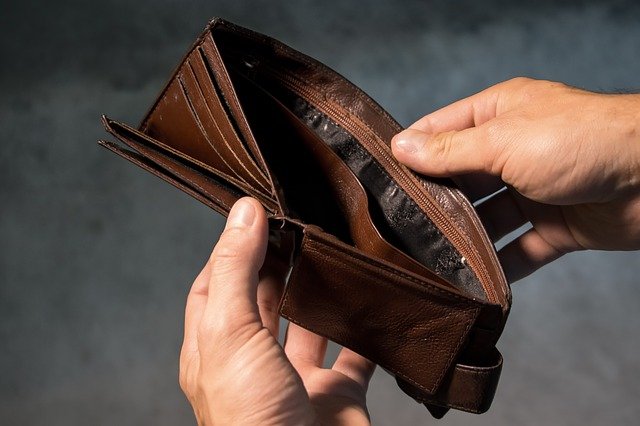5 Things You Should Know About Going Bankrupt After Divorce
Image by Andrew Khoroshavin from Pixabay
Divorce is one of the hardest things that you can experience. In addition to the emotional turmoil of the relationship ending, you will also have to worry about the financial problems spurred by the divorce. In many cases, some couples’ finances are in such a bad shape after a divorce that bankruptcy seems to be the only way out.
Our post includes what you need to know if you want to file for bankruptcy after divorce.
1. Can the Divorce and Bankruptcy Overlap?
If you file for bankruptcy after divorce, make sure the divorce is settled before you do it. Part of getting divorced requires you to divide the assets. However, bankruptcy causes an automatic stay to be placed against all creditors.
Trying to negotiate your assets while they are also put on hold can be a difficult task. This situation typically happens because the divorce process takes longer than it otherwise would have because the asset division has to wait until the bankruptcy’s automatic stay is no longer in place.
2. Can Your Spouse’s Bankruptcy After Divorce Affect You?
You may not even file for bankruptcy after the divorce, yet bankruptcy could still affect you. In many cases, after filing for divorce, couples have to deal with the debt that is jointly owned. You will still be responsible for that debt even after the divorce.
However, if your spouse files for bankruptcy, you could suddenly end up being the only person responsible for clearing that debt.
3. What Type of Bankruptcy Is Best to File Before Divorce?
If you don’t want to wait for your divorce to be final before you file for bankruptcy, the next best option is to file before you begin divorce proceedings. In this case, the best option is to choose Chapter 7 bankruptcy because it will typically take less time to finalize.
Clearing your debts with Chapter 7 should be able to solve any issues tied to your debt within six months, while Chapter 13 bankruptcy will have you locked into payment plans for at least three years.
4. How Will Bankruptcy Affect Child Support or Alimony?
If your former spouse files for bankruptcy after divorce, you may be worried that child support or alimony may be discharged as part of the debt settlement. But not all debts are able to be discharged due to bankruptcy. If you are owed child support or alimony, your ex will not be able to eliminate those responsibilities by filing for bankruptcy.
Other debts that are unable to be discharged by filing bankruptcy include:
- Any debt that was not included in the bankruptcy filing
- Most taxes
- Government agency fines
- Student loans
- Drunk-driving fines
- Tax-advantaged retirement debt
- Fees related to condos or cooperative housing
- Attorney fees in child custody or alimony support cases
- Criminal justice fines.
5. How Does Bankruptcy Affect Your Divorce Lawyer?
Suppose you are a couple that hired a divorce lawyer together, and divorce has not quite been settled before one of your files for bankruptcy. In that case, you may need to search for another lawyer to represent only you during the divorce and bankruptcy proceedings.
While a lawyer can represent both clients when they are divorcing, you are officially viewed as an opponent in a legal matter once someone files for bankruptcy. The original lawyer now has a visible conflict of interest by having both of you as their clients.
Hire an attorney who is qualified in both bankruptcy law and divorce law to ensure that your finances stay protected. Check out this post-divorce bankruptcy FAQ for more info.

As a journalist, Leland dedicated most of his career to law reporting. His greatest satisfaction is to convey legal matters to the public in a language that they can understand. He is active on various platforms and media outlets, writing about common legal issues that people confront with every day. While medical malpractice is his strong suit, Leland covers plenty of other topics, including personal injury cases, family law, and other civil and even criminal legal matters.

